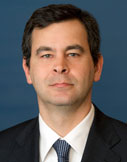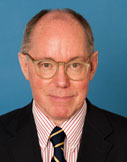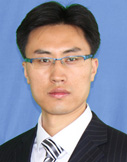Dear Colleague,
With talks set to continue between Iran and the world powers to strike a deal on Tehran’s nuclear program, I want to draw your attention to recent commentary and analysis by Carnegie’s scholars.
In recent testimony to the House Committee on Foreign Affairs, Karim Sadjadpour warned about the risk of premature sanctions and said the intent of U.S. policy should be to deter Iran’s nuclear advancement, not provoke it.
In a groundbreaking op-ed, James Acton encourages policymakers to switch focus from an Iranian nuclear breakout to the possibility of an atomic “sneak-out.” Acton offers ideas for how America can rethink its strategy for preventing Tehran from getting the Bomb.
Finally, in an article that looks at dynamics in Tehran, Cornelius Adebahr suggests that if the United States were to increase sanctions, Iran would likely continue research and development on new centrifuges as a sign of defiance as much as an effort to build a stockpile for the future.
I very much hope that you’ll take a look.
Sincerely,
George Perkovich
Vice President for Studies
Nuclear Policy Program
|
|



















